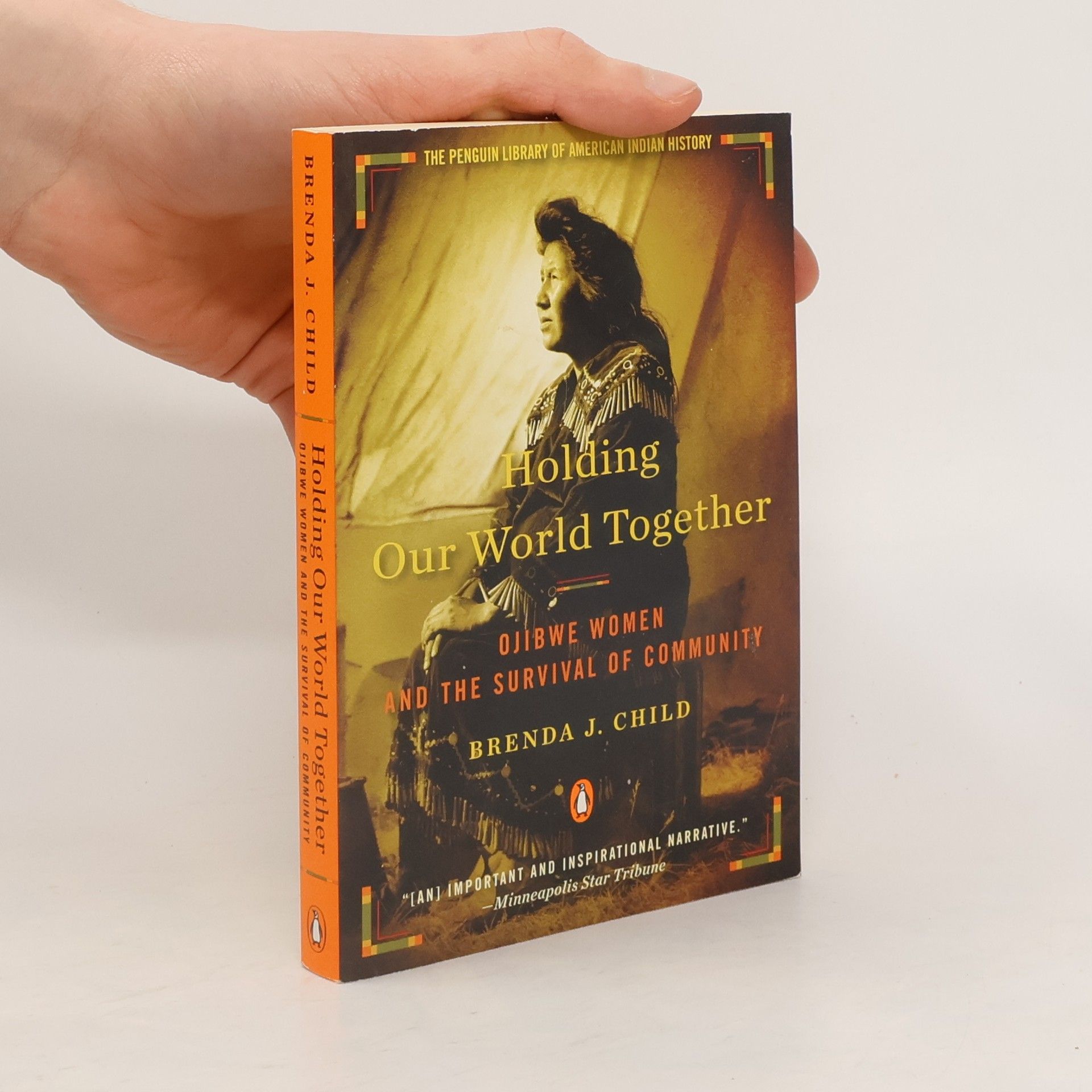Holding our world together. Ojibwe women and the survival of community
- 240 pages
- 9 hours of reading
A groundbreaking exploration of the remarkable women in Native American communities In this well-researched and deeply felt account, Brenda J. Child, a professor and a member of the Red Lake Ojibwe tribe, gives Native American women their due, detailing the many ways in which they have shaped Native American life. She illuminates the lives of women such as Madeleine Cadotte, who became a powerful mediator between her people and European fur traders, and Gertrude Buckanaga, whose postwar community activism in Minneapolis helped bring many Indian families out of poverty. Moving from the early days of trade with Europeans through the reservation era and beyond, Child offers a powerful tribute to the courageous women who sustained Native American communities through the darkest challenges of the past three centuries.
